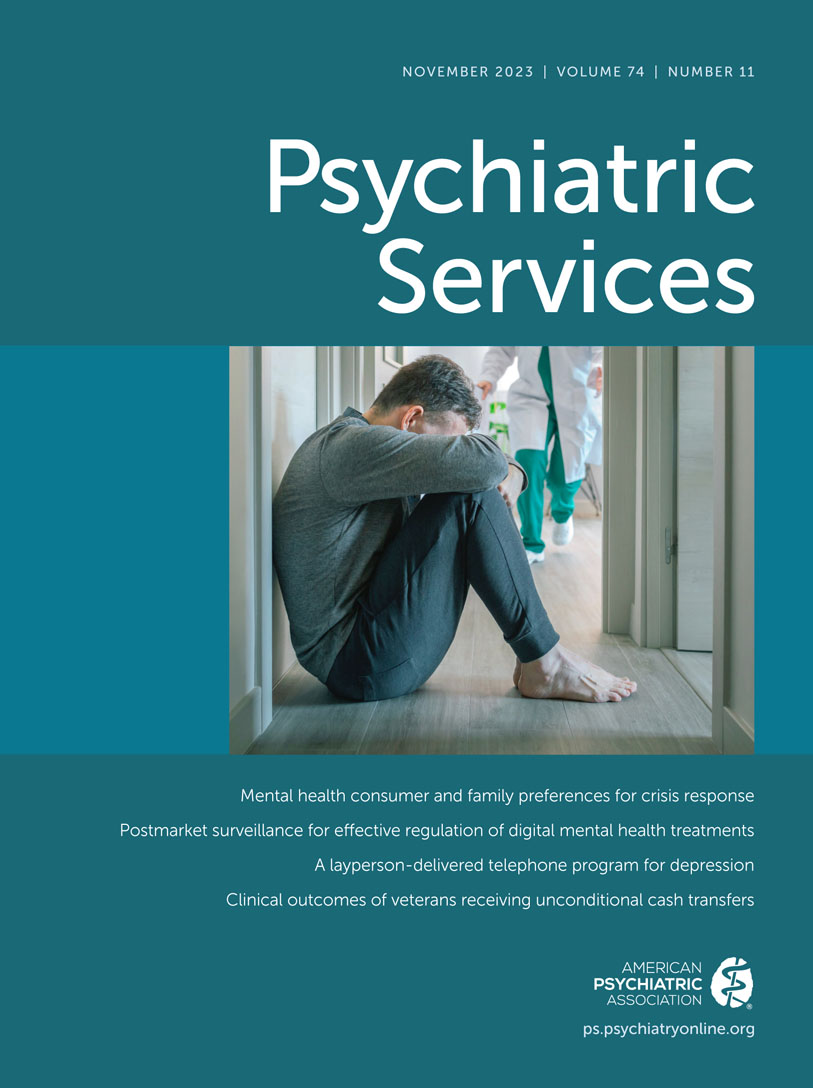Uncovering Barriers to Engagement in Substance Use Disorder Care for Medicaid Enrollees
Abstract
Objective:
The authors aimed to uncover factors that affect engagement in substance use disorder treatment among Medicaid beneficiaries in New York State.
Methods:
The authors conducted 40 semistructured interviews with clients, plan administrators, health care providers, and policy leaders directly involved with substance use care in New York State. Data were analyzed with thematic analysis.
Results:
Main themes resulting from analysis of the 40 interviews showed that most stakeholders agreed that a need exists to better integrate psychosocial services into behavioral health care systems; that systemic stigma, stigma from providers, and lack of cultural responsiveness in the substance use care system hinder engagement in and provision of high-quality care; and that rural health care networks with coordinated models benefit clients’ engagement in care.
Conclusions:
Stakeholders involved in care for substance use disorder perceived a lack of integration of resources to meet clients’ social needs, the presence of stigma, and low levels of cultural and linguistic capacity as key factors contributing to low engagement in and low quality of care for substance use disorder. Future interventions should address social needs within the therapeutic regimen and modify curricula in clinical training to reduce stigma and increase cultural competence.
Access content
To read the fulltext, please use one of the options below to sign in or purchase access.- Personal login
- Institutional Login
- Sign in via OpenAthens
- Register for access
-
Please login/register if you wish to pair your device and check access availability.
Not a subscriber?
PsychiatryOnline subscription options offer access to the DSM-5 library, books, journals, CME, and patient resources. This all-in-one virtual library provides psychiatrists and mental health professionals with key resources for diagnosis, treatment, research, and professional development.
Need more help? PsychiatryOnline Customer Service may be reached by emailing [email protected] or by calling 800-368-5777 (in the U.S.) or 703-907-7322 (outside the U.S.).



